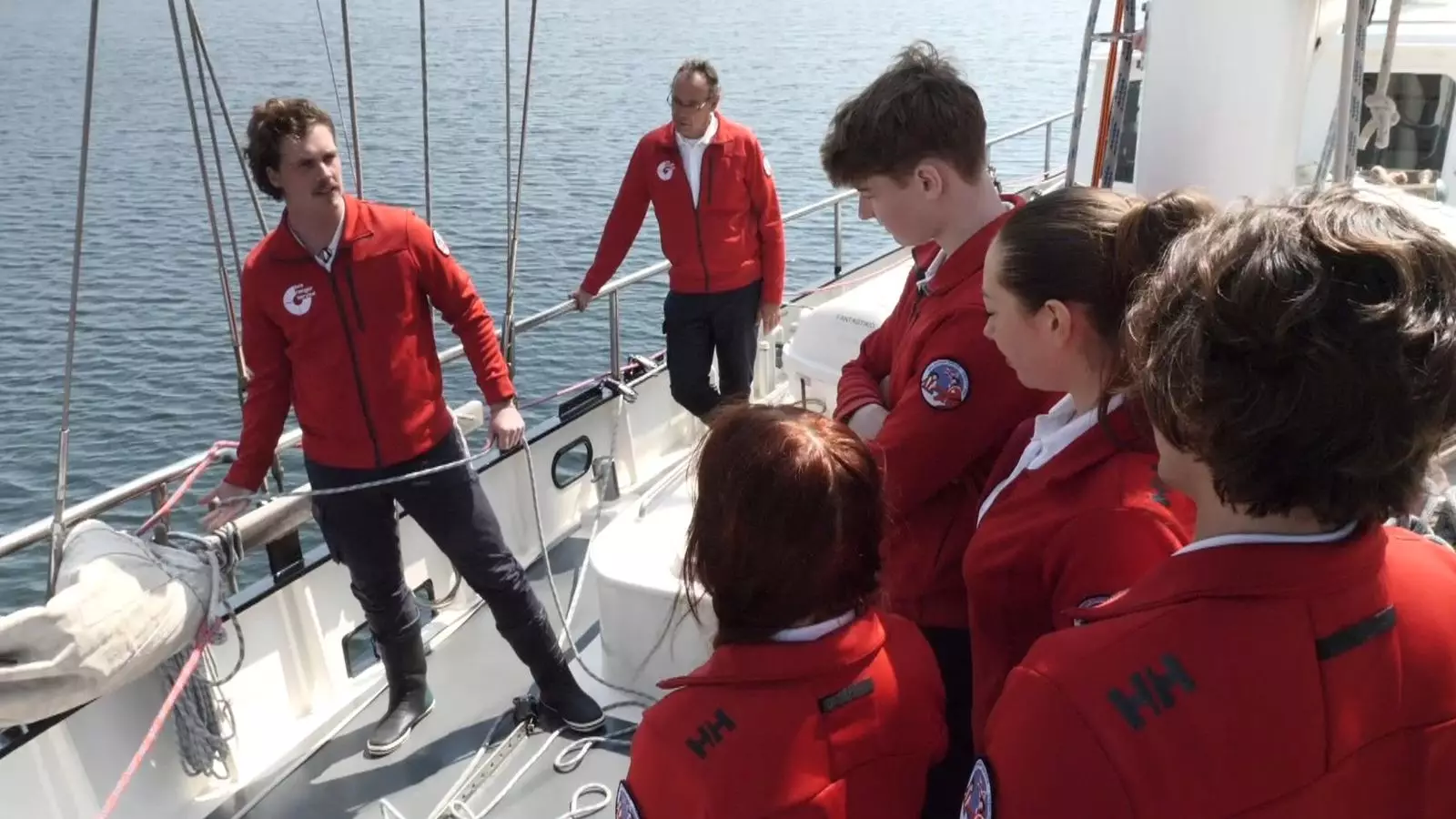A social enterprise known as the Sea Rangers Service has made its way to the UK, specifically Port Talbot, after originating in The Netherlands back in 2016. The main goal of this organization is to restore one million hectares of ocean biodiversity by the year 2040. Additionally, they aim to train 20,000 young individuals, primarily from coastal regions, for maritime careers. The founder, Wietse Van Der Werf, emphasized the importance of protecting the oceans while addressing the issue of high unemployment in coastal areas.
Individuals interested in becoming a Sea Ranger must be between the ages of 18 and 29. Before being accepted into the program, candidates are required to undergo a rigorous boot camp supervised by Royal Navy veterans. This boot camp is designed to assess their teamwork and motivation skills. One successful recruit, Selena, highlighted how being a Sea Ranger provided her with a unique opportunity to contribute to environmental protection in her local community without the need for formal qualifications. For her, it was a chance to pursue her passion for marine conservation.
Another Sea Ranger, Isaac, expressed his family’s surprise at the availability of such an opportunity tailored for individuals like himself. He described finding a genuine passion through his work as a Sea Ranger. The tasks carried out by the Sea Rangers range from menial cleaning duties to more specialized environmental monitoring and research activities. Van Der Werf stressed the importance of collaborating with government agencies to ensure that the work conducted by Sea Rangers is both meaningful and impactful in addressing environmental issues.
Since its launch in Port Talbot, Van Der Werf aims to expand the Sea Rangers Service to other coastal areas in the UK such as Portsmouth and Grimsby. This expansion would enable more young people to engage in ocean conservation efforts while pursuing fulfilling maritime careers. Through initiatives like the Sea Rangers Service, the connection between environmental conservation and employment opportunities for youth in coastal regions can be strengthened, creating a positive impact on both the oceans and local communities.


Leave a Reply